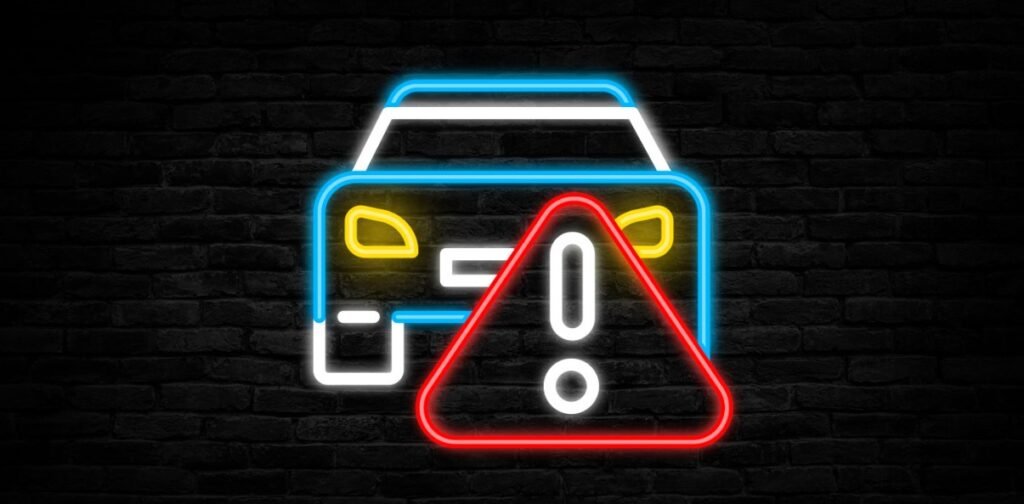In recent years, numerous reports have surfaced regarding a persistent scam involving calls from the number 779-209-2515, targeting unsuspecting vehicle owners with promises of extended warranties. On the other hand This scam preys on individuals’ concerns about their vehicles’ maintenance and reliability, employing deceptive tactics to swindle money from unsuspecting victims.
Understanding the 779-209-2515 Vehicle Warranty Scam:
Origins of the Scam
The 779-209-2515 vehicle warranty scam often begins with an unsolicited phone call. Purportedly from a reputable automotive company, claiming that the recipient’s vehicle warranty is about to expire.
False Sense of Urgency
Callers often use high-pressure tactics, creating a false sense of urgency to prompt immediate action from their targets. Additionally They may suggest that failure to act swiftly could result in costly repairs or voided warranties.
Recognizing Red Flags:
Generic Information
Victims of the 779-209-2515 scam often report that the callers provide vague details about the make and model of their vehicles, lacking specific information that a legitimate warranty provider would possess.
Refusal to Provide Written Documentation
Scammers operating from 779-209-2515 typically avoid providing written documentation of the warranty extension, making it difficult for victims to verify the legitimacy of the offer.
Protecting Yourself from Scams:
Verify Caller Information
When receiving unsolicited calls from numbers, it’s crucial to verify the caller’s identity and the legitimacy of their claims before providing any personal or financial information.
Research the Company
Conduct thorough research on the purported warranty provider, checking for accreditation, reviews, and complaints from other consumers. However legitimate companies will have a transparent online presence.
Reporting Scams:
Federal Trade Commission (FTC)
Victims of scam, or any other fraudulent activity, should report their experiences. The FTC, providing as much detail as possible to aid in investigations and prevent further harm to others.
Better Business Bureau (BBB)
Additionally, filing a complaint with the BBB can help raise awareness of deceptive practices and hold fraudulent entities accountable for their actions.
Conclusion
The 779-209-2515 vehicle warranty scam is a prevalent threat that preys on individuals’ concerns about their vehicles’ reliability. By recognizing red flags, protecting personal information, and reporting suspicious activity, consumers can safeguard themselves against falling victim to such fraudulent schemes. Furthermore stay vigilant and informed to avoid becoming the next target of this insidious scam.

